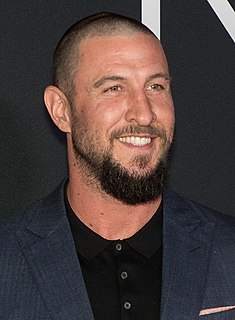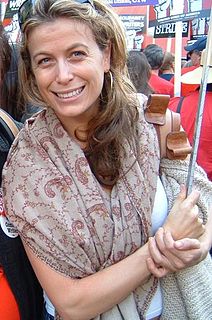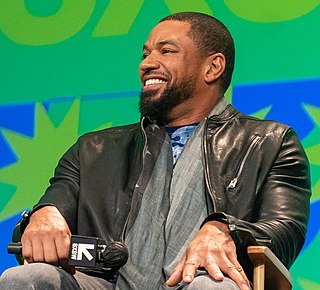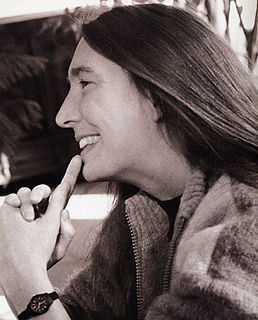A Quote by Matthew Macfadyen
Nobody's really unsympathetic, I think. People do good and bad things. If a character's totally unsympathetic, they're not real and I'm not interested. Even the real monsters have to have a spark of something you can relate to.
Related Quotes
I'm with Milton and the Rolling Stones: I don't find the Devil an unsympathetic character. But in any case, my fiction is populated as much by people who do good as it is by those who do bad. I'm interested in imaginatively accommodating as much of the human as possible, for which you need both moral extremes and everything in between.
I try to write about real women, real people - in other words flawed characters. I find flawed characters much more interesting than perfect ones and enjoy the challenge of making readers root for them in spite of their unsympathetic path and destructive choices. Life is about the gray areas. Things are seldom black and white, even when we wish they were and think they should be, and I like exploring this nuanced terrain.
If there is a reason I'm able to make unsympathetic characters human, it's because it's my desire to find what drives the unsympathetic behavior. Almost always at the bottom of it is some deep insecurity. Putting your finger on what each individual's particular insecurity is goes a long way to fleshing that person out.
You know, I think a lot of times what happens when we as actors know we're playing a bad guy is we get into bad guy mode. You know what, man? In real life, bad people do good things too and good people do bad things. So you don't necessarily have to be the stereotypical bad guy to still do bad things.
Even the best of us have certain psychological mechanisms that can suddenly kick in and turn us into monsters. That to me is the basic message of events like the rise of Nazism, the Salem witch trials, and so on: not that bad people do bad things, but that good people do bad things. It's distressingly easy for those mechanisms to be triggered, either consciously by demagogues, or naively by people who think they're trying to do the right thing. Which is why I think it's more akin to tic-tac-toe.
Well, I think in trying to make life seem real enough that one is moved to do something about the more atrocious things. By going really far afield into a completely fake world, maybe there's a chance to make things resonant somehow - or in this case, truly terrifying. To make it as bad as the real stuff that's happening.


































